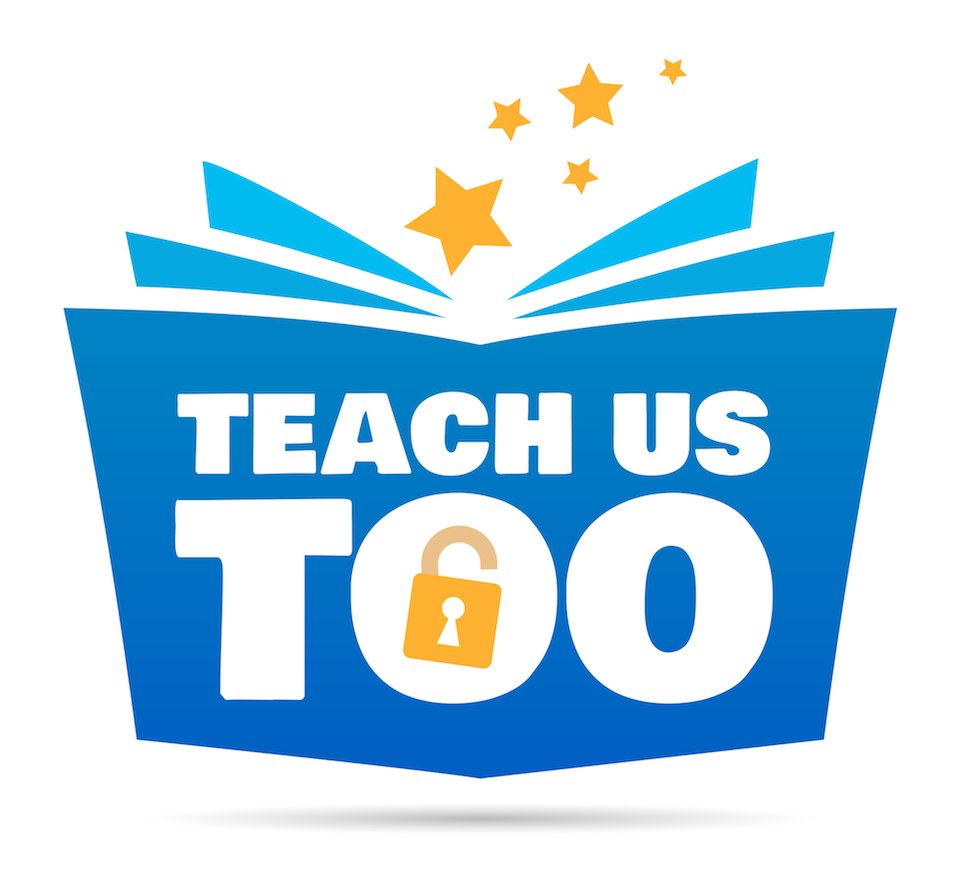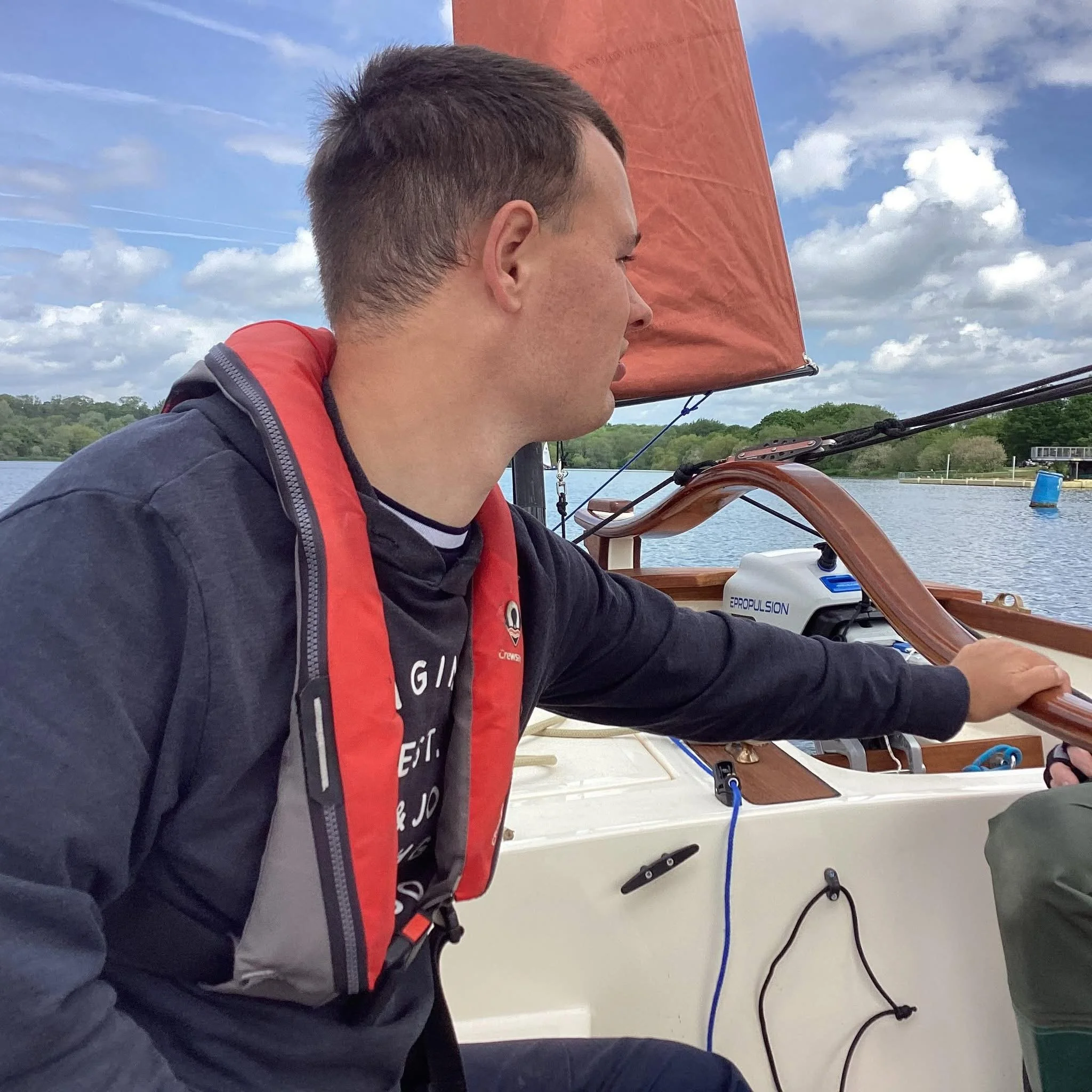Matthew
Matthew is a thoughtful, intelligent young man with a dry sense of humour and a determination that shines through in everything he does. At 21, he lives in his own home with the support of carers and communication partners, enjoying the independence he has worked hard to achieve. Music, study, and writing are important parts of his life, but above all, Matthew values being listened to and taken seriously as the capable person he knows himself to be.
His journey to having a recognised voice has not been straightforward. Diagnosed with autism and apraxia as a young child, Matthew has faced years of being misunderstood and underestimated. Yet with perseverance, support, and a belief in his abilities, he has developed powerful literacy and communication skills that allow him to express his thoughts and share his experiences.
Matthew’s Transformational Tale was created using an alphabet chart. With the support of a communication partner, he pointed to each letter as it was spoken aloud, slowly building words and sentences. . Each paragraph was recorded as Matthew spelt it out. Since then, he has taken another step forward: learning to use a computer keyboard to write, which allows him to see his words appear on the screen as he creates them.
Behind Matthew’s achievements is a story of early challenges and determination. Diagnosed at 2 years and 8 months, he began using PECS (Picture Exchange Communication System) to communicate, before discovering reading, writing, and mathematics at a young age. Schooling was delayed due to local authority issues, but once he entered education, his ability to learn was clear—despite behavioural struggles. At 11, he transitioned to a specialist school where his skills with letter boards began to grow. Crucially, his parents and carers always presumed competence and aimed high, giving him the opportunities he needed to thrive.
Today, Matthew’s literacy and communication skills have transformed his independence and relationships. His family describes the change as life-shaping: their interactions are now person-centred, rooted in his own words and choices. His Transformational Tale reflects not only his past challenges but also his emerging future—one where his voice is fully recognised and respected.
Matthew’s Story - March 24th, 2025
My painful life before I could communicate is not a thing many can understand. I was so lonely it hurt. I could not express my pain only through behaviour. Everyone treated me like a baby, but I am brighter than them. I am intelligent. I am now studying for GCSE’s. I can understand everything. It's hard to talk about it as I had the right to be heard. Ultimately I am beginning to get understood and people treat me like a man.
I think that having my intelligence and literacy skills have given me a voice like others. I've had many experiences where my ability to voice myself has been questioned as I do not speak with the usual audible voice. This is a major barrier to people actually hearing me. Having my literacy skills noticed was a massive breakthrough. I think that my other difficulties made it hard for anyone to know my abilities in all areas. It was perseverance on my parents’ part to give me the opportunities to find my capabilities.
I think that I developed language and literacy as most of us do but the difference was I could not let anyone know. I could understand all literacy in an age-appropriate way. My Mum says that at age three I used to play a go game where I would give a go card and then go and run. One day I used this go card when there was a boiler man in my house to say I wanted him to go. This showed I understood when and how to use the word go. This validated my skills to all.
From being able to use a card to say go I then matched letter cards, pointed to letters and phonics when said aurally, matched word cards to objects showing those around me my literacy skills and getting my voice heard. I read age-appropriate books and showed my understanding through choosing comprehension sentences. At this time I communicated through choices so it was not always reliable. I went to school at six and three quarters following the same curriculum as my peers with this becoming increasingly difficult due to my apraxia and my communication through choices.
As I continued into my secondary education my opportunities to develop academically were capped by following a functional skills and sensory based learning timetable. My Mum and Dad thought there must be other ways I could communicate given my literacy skills. They were often thought to be over exaggerating my ability to communicate through spoken (albeit my words being spelt rather than verbally spoken) language which is a huge underestimation. At this time I felt locked inside my own head. I wanted to be heard and challenged in learning but no one other than my family was listening.
At one point my Mum found a professional that worked with people that spell to communicate. She showed me using this method on a video with this professional to the people who worked with me but they felt it best to develop my life skills first. To alleviate my academic frustration my Mum taught me for an hour each day using choices to communicate before I went to school.
I feel my greatest barrier was I stagnated academically in this environment due to my skills at and mode of communication being misunderstood in terms of underestimating me and the relationship between me and my communication partner and not putting time and effort into understanding this and developing this for me and those who partnered me. I think people go for the easy option to the detriment of people like me. To overcome this takes massive resilience and determination. Sometimes just one person believing in you is enough.
In my teens I had begun to use spelling as my mode of communication and this requires me and my communication partner to constantly practice skills to aid my motor planning. This requires dedication and time for both me and my communication partner.
Since leaving school I have a lot more opportunities to use my communication and literacy skills in a social setting for example the pub or to buy things or to talk to my friends. I think this is an opportunity for me to show that communication comes in many different forms and all are equal. Using my letterboard in a public way allows me to advocate for the next person who uses an unusual form of communication. Without my literacy skills being noticed this would not be possible.
Since writing my transformational tale I have moved on in the way I communicate. I now use a wireless keyboard to spell my words. This is the next step in my ultimate goal of typing independently to communicate. I AM STILL Passionate about everyone having the opportunity to use literacy to self advocate.


